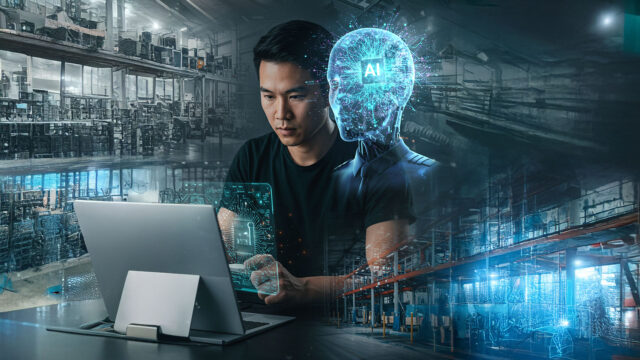
Far from just tech experts, AI engineers are the strategic enablers of intelligent automation, scalable systems, and sustainable digital transformation. In this article, we’ll explore what AI engineers actually do, the tangible benefits they offer enterprises, and how you can leverage their expertise, especially with WGS AI Engineers.
What AI Engineers Actually Do
Building AI capabilities within your technical team is crucial, as it demands specialized expertise in AI, data science, and automation strategies that many existing development teams may not fully possess. Highly skilled in traditional software development, internal teams often still needed the specific experience needed to develop sophisticated AI agents, construct and refine machine learning models, perform advanced data processing, and lead complex AI projects from inception to implementation.
To bridge these differences in experiences and truly empower your team to leverage AI effectively, WGS AI Engineer services can provide support, integrating the specialized knowledge and hands-on experience necessary to guide your developers through the nuances of AI, ensuring they become proficient in AI and accelerate your organization’s AI adoption and innovation.
An AI engineer blends software development, data science, and machine learning to create intelligent systems that learn, adapt, and automate business processes. Their work touches every layer of the digital enterprise, and includes:
1. Developing Machine Learning Models
Using machine learning techniques, such as supervised learning, unsupervised learning, and reinforcement learning, AI engineers build algorithms that power use cases like fraud detection, customer segmentation, predictive maintenance, and more.
2. Embedding Models into Applications
They don’t just build models but also embed them as functional tools or APIs that other systems and users can easily access.
3. Leveraging Big Data
AI engineers cooperate with data scientists to process massive datasets, ensuring models are trained on clean, accurate, and relevant data.
4. Suggesting AI Infrastructure
Working closely with DevOps and/or MLOps to design scalable and resilient systems that support AI applications.
5. Monitoring and Refining Models
Once deployed, models must be continuously monitored for accuracy, bias, and performance, which AI engineers handle with precision.
With WGS AI engineers, we can help automate manual operations and also optimize company resources, leveraging company policy and governance.
Real-World Use Cases by Industry
| Industry | How AI Engineers Create Value |
| Retail | Recommendation engines, price optimization, customer service chatbots |
| Manufacturing | Predictive maintenance, production scheduling |
| Healthcare | AI-driven diagnostics, patient triage, medical imaging |
| Financial Services | Algorithmic trading, risk scoring, anti-money laundering, fraud detection, customer service automation with KYC (know your customer) |
| Logistics & Supply Chain | Route optimization, fleet automation, delivery forecasting, inventory optimization, stock management, real-time tracking |
| Hospitality & Travel | Personalized customer experience, automated customer service, pricing and revenue management, operational efficiency |
| Construction & Engineering | Design and planning optimization, project management and scheduling, quality control, predictive maintenance |
Conclusion: AI Engineers Are the Future of Business Growth
In 2025 and beyond, AI engineers are no longer “nice-to-have”, they are essential to staying relevant, efficient, and competitive. From automating tedious processes to unlocking new revenue streams, they empower your business to act smarter, faster, and more strategically.
Looking to integrate AI into your operations?
Partner with WGS and tap into world-class AI engineering talent, right here in Asia.

